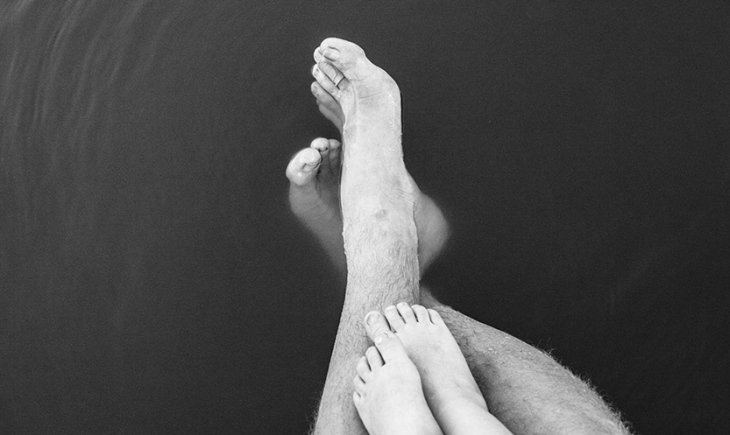By Jasmine Terry

While looking for the latest news on BBC I discovered a series of videos filmed on a GoPro by an immigrant. (These videos may have been taken down as I could not find the series when I went back to cite them.) The man filming was an English teacher who, after speaking badly against his corrupt Middle Eastern government, had to escape his home country. The adventure began under the cover of darkness, early in the morning. A group of immigrants: men, women and even children stood at the shore as a black inflated rubber boat came ashore. At least twenty-five people climbed onto the boat that had the capacity to hold less than a dozen.
Once they pushed off, the crowd began to chatter, a chatter that had died down by the third hour of their voyage. The waves lightly tossed the boat as the passengers thanked their god for the calm seas and a mother pleaded with the others to stop moving, an action that caused her to be anxious. Only a few moments after her pleas, a call was heard from the end of the boat. Water was starting to collect at their feet. Aware of the fate of thousands of other immigrants travelling the seas as they escaped, these passengers calmly assigned jobs amongst themselves. Some kept the children calm while others scooped the water out. The water level rose to their ankles. Bags were thrown off, into the ocean.
“My belongings are not worth more than my life.”
Soon the water levels rose dangerously high and the men decided it would be better if they clung onto the inflated perimeter while the women and children stayed on the boat. Passengers texted loved ones goodbye while others texted their location so that the coast guard would be able to find them. The hours wore on. The water levels surged. Unlike the estimated 2,500 migrants that have lost their lives to the choppy seas and unfit boats, this group survived, picked up by the Turkish Coast Guard a few hours later.
This scene is lived out many times a day. As living situations start to become dangerous families flee, risking everything from belongings to family members. To hear first-hand the conversations and the choppy seas made it feel as if I were on that boat; as if I were praying to my God for a safe voyage as water up to my ankles started to weigh down the boat. My experiences, however, were nothing compared to theirs, but as a 16-year-old on an airplane headed to a country that I didn’t belong to but which considered me a citizen, I felt anxiety and fear, the kind that could be caused by choppy waves and a broken heart.
“I was uprooted from a place that I considered home, spent a year waiting and finally was crushed again as I was uprooted a second time to live in my home country, a country that really was not my ‘home.’”
Many do not understand the feeling of losing all to live in an alien country. Many push aside immigrants as if they are the Brussels sprouts on the plate of a three-year-old; instead, immigrants should be cared for as a fine art collector cares for a 14th century Chinese painting; for they have been worn out by trials and broken by experience.
They, too, are third culture kids (TCKs) and third culture adults (TCAs), immigrants who have left their native culture to live in a foreign culture. This creates within the person a third culture. Internally, a struggle has been formed that is difficult to describe to one who has not been exposed to such an experience. Having to deal with a new culture is hard enough as it is without having to be teased about who you have become. So, I urge you, let your communication with immigrants be friendly and inviting for they deserve to be respected also as you discover new friends among them.